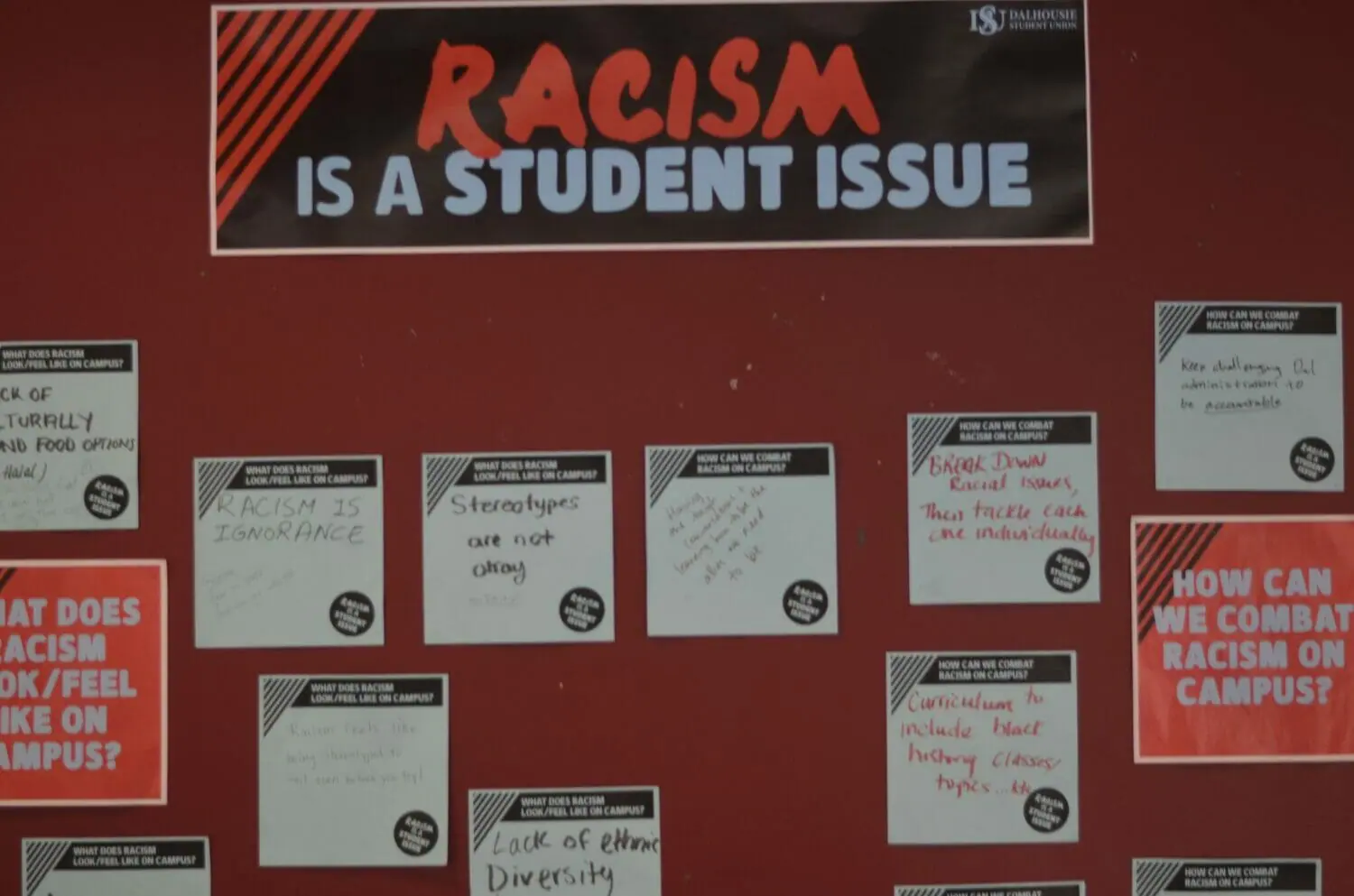The concept of race shaping others’ opinions of me isn’t new.
My skin colour is ever-present: it permeates all facets of my existence, it bleeds into my opinion of myself and often looms over each of my decisions. But my race does not define me.
And skin colour is the first thing people notice about racialized folk, but there’s more to us than the shade of our bodies.
I am not black first; I am black always. Regardless of any accolades, failures, successes and hardships I face in my life, I will continue to be black, and I will carry the weight of that for the rest of my life.
The stereotypes associated with blackness are changing. Hip hop is the number one genre in the world according to the popular audio streaming service Spotify, which offers its services in 62 countries globally. For eight years, the U.S. presidential family was black, the Kardashians have built an empire on appropriating black culture and now being black – or at least adjacent to it – is desirable.
This revelation brings along a variety of truths and insecurities for people of colour, whether they’re ready for them or not.
Alongside dealing with the systemic inequalities of constantly being an “other,” people of colour now have to deal with this idea that darker skin is a hot commodity. While this issue manifests itself in a variety of different ways like tokenization, misrepresentation and cultural appropriation, it’s scariest iteration comes about with the fetishization of people of colour.
When you’re deemed desirable by a single feature, one which exists entirely out of your control, the world of romance gets a lot harder to navigate.
Tinder becomes a nightmare; it’s nothing more than an endless assembly line of people who don’t look like you, looking for someone who does. The amount of pick-up lines surrounding chocolate that we’ve all heard and hated, is both appalling and unsurprising. First-dates inevitably turn in to a challenge: trying to find out whether or not the other person is just looking to get their “black or brown belt.”
Even if you decide to only date other people of colour, (which isn’t fair, but in the life of racialized people, few things are considered fair) the world of dating gets harder still, when there’s less fish in the sea. Halifax is neither as big nor as diverse as it makes itself out to be; most of us can’t find romance within these same, small, communities of colour that we can find.
In the unlikely event we find a non-racialized person who loves us for who we are and can handle the everyday struggles people of colour experience, we still have to watch them face the judgement and pain they undeservedly receive for dating a person of colour.
Fetishizing people of colour brings with it a double consciousness in modern culture: white and non-racialized people continue to hunt for “black queens” or “BBC’s” (Big Black C*cks) and any other term used to objectify and demean POC’s, but also vilify and slander those with a racialized significant other.
Idealizing people of colour doesn’t negate or erase the centuries of negative stigma, it only serves as another way to define people of colour by their stereotypes and take away their personhood.
In other words, black being suddenly “cool” doesn’t make “night rider” a term of endearment.
The realities of love, sex and romance are confusing and challenging for anybody, but it’d be a lot easier if we let people of colour be people.


Recent Comments